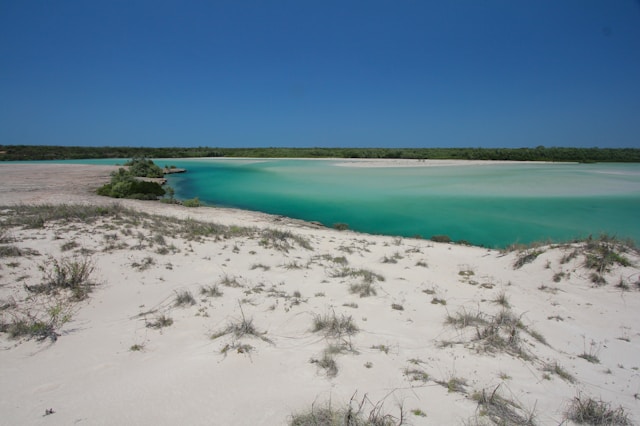Business confidence and conditions remain persistently strong despite global economic headwinds.
In August, confidence rose three points to +10 index points, while conditions rose one point to +20 index points.
Commenting on NAB’s August business survey, the bank’s chief economist Alan Oster said business confidence was robust across the board except in the construction sector, where profitability remained a challenge.
“So basically, all the strength that we were surprised by in July was either maintained or improved,” Mr Oster said.
He said the report showed the economy was strong enough for businesses to fully pass on any cost increases to their customers.
Looking forward, he said businesses would start feeling the effects of rising interest rates.
“It will slow. You’re gonna be taking $400-$500 a month out of the average consumer, in terms of those who have a mortgage.”
Business confidence remains elevated but consumer habits are still hard to pin down, with new data suggesting consumers are less worried about future rate hikes but are also starting to rein in their spending.
The 3.9 per cent lift in consumer confidence for September as measured by the Westpac-Melbourne Institute index was more optimistic than expected.
“The improvement is a little surprising, especially given continued sharp rises in the cost of living and the Reserve Bank of Australia’s decision during the survey week to make another 50 basis point increase in the official cash rate,” Westpac economist Bill Evans said.
However, consumers remained pessimistic, with the index still hovering close to historic lows.
“Consumers may be a little less fearful, but confidence remains very weak,” Mr Evans said.
He said the strong labour market was likely contributing to the upbeat score.
The weekly pulse check of consumer confidence by ANZ and Roy Morgan was also more resilient to economic challenges than expected.
The 0.5 per cent fall was relatively minor given the RBA’s 50 basis point rate hike last week, ANZ economists noted.
ANZ economist David Plank said signals from the Reserve Bank about future rate hikes had potentially softened the blow.
“It is possible that (RBA governor Philip Lowe’s) suggestion that the size of future rate increases might be smaller helped support confidence somewhat,” he said.
Despite the better-than-expected result, confidence remains well below long-term averages.
So far, rising interest rates and the soaring cost of living have been reflected in surveys that measure the confidence of consumers but less so in actual spending habits.
However, CommBank’s latest household spending intentions index suggested rate hikes and the soaring cost of living were finally starting to weigh on household spending.
Non-essential outgoings decreased in August, with sectors such as travel, entertainment, transport and retail all softening.
However, spending in other categories – such as cars, home buying, and health and fitness – was up, which contributed to the index lifting 0.8 per cent for the month to 115.5.
CommBank chief economist Stephen Halmarick said the mixed results showed an economy still recovering from the COVID-19 pandemic but starting to react to soaring prices and interest rate hikes.
“While the index rose in August, we’re seeing weakness in discretionary spending following recent interest rate increases and a growing move to value purchasing,” he said.
“For instance, while grocery spending remains high, we’re hearing customers are swapping to value products in response to higher food prices.”
Poppy Johnston
(Australian Associated Press)




